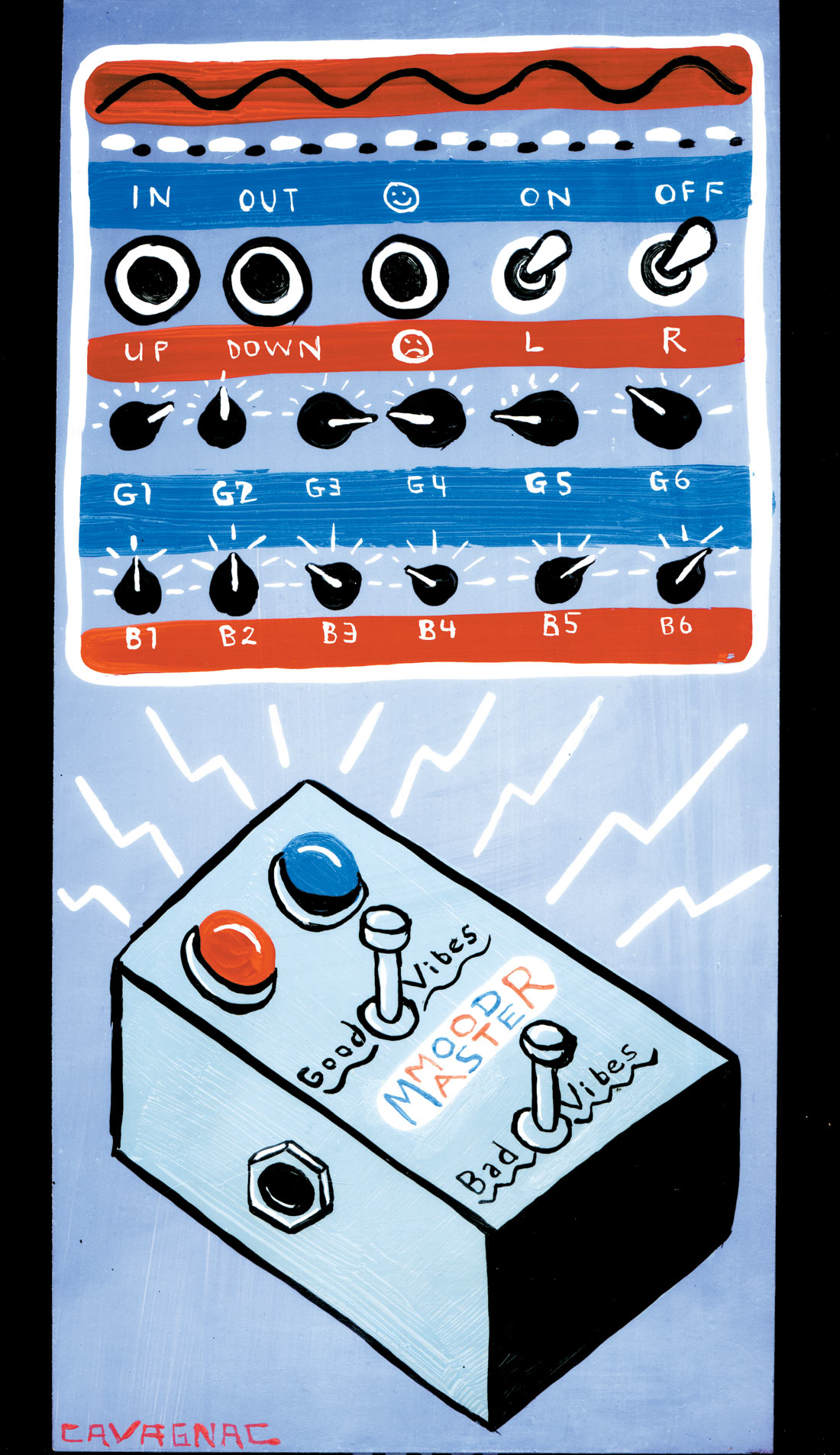My studio is at a point where the majority of the work being done there is by freelance engineers. This is great, as I spent many years as the main engineer and built the studio's reputation by working my butt off. Now, with the help of my studio manager Kendra, I can pick and choose projects, tackle the bookkeeping, work on Tape Op Magazine, help plan TapeOpCon and become more of a studio owner than engineer (gasp, sigh).
Freelance engineers are assets to our studio, bringing in work we wouldn't otherwise see and taking on sessions for us. But in our situation, one of the problems I worry about is this: How will they ever learn about all the equipment in our studio and all the techniques we might have developed for using it? And since we don't offer a studio full of Neumann, Studer, Neve and other major brand names — what is this stuff?
One great example is Plug-ins. We have hundreds of plug-ins on the Pro Tools HD system here, including TDM, RTAS and a fully loaded UAD-1 card — some handy tools, but not if you don't know where they all are. For instance, the UAD-1 plug-ins have to be snuck in under a VST Wrapper, so if you don't scroll down to them you might never see the whole package. And what about some of those crazy names? Sure, they're fun for some software company to come up with for marketing purposes, but when an engineer is looking for an EQ they might be more likely to use one called EQ III than T-RackS. And what's Inspector? (Quick, find out.) We can try to educate the engineers by writing up descriptions and uses, or printing out info on the plug-ins, but who's gonna have time to read all this?
Microphones. Have you ever seen the look of horror on a freelancer's face when they realize that your mic locker contains none of the mics they are familiar with? We have a great selection of new mics by AEA, Audix, Blue, Soundelux, Earthworks, Audio-Technica, Shure and others — but many of these mics might be unfamiliar to an engineer, even if they have a lot of sessions under their belt. Knowing how to implement these mics, and what sources they excel on, is something one builds up over time according to their taste and ideas. I'm actually thinking of writing up a little guide for users of my studio about all our mics and uses I've found for them.
Preamps. We've also got a great selection of newer preamps. But how many engineers have even used the RTZ 9762? They should — it rocks. But how do we impart info on these items? One solution Kendra had was making a list of the preamps we have and the predecessors they are closely (or loosely) based on. Seems like a good idea until you try to explain the origins of the Hamptone Silverbox 4 or the Avalon AD2022...
Compressors. Seems easy for people to figure out the classic LA-2A or 1176. Word has spread on the Chandler TG1, but what about the Studio Electronics C2? This is one of my favorite tools, but I get the feeling I'm the only one who uses it around here. Or what about the Focusrite Red 3? This is a very aggressive and unique compressor, though I can imagine its weird control layout scares people off.
Equalizers. How many people have experience with the Quad Eight PE444 module? It's pretty cool though. Or do they remember to patch in the Daking 52270 pre/EQ during mixing?
Odd Stuff. Explaining how to use the Little Labs IBP might be a good idea. What exactly is a Hughes Sound Retrieval System?
The Point? In this scenario, if you're hired to come in and work at a studio that might be unfamiliar to you as a freelancer, a bit of homework may be in order. I've always tried to find online or emailed gear lists when working in a new studio. From these I can make note of gear that I know well, gear I know of and would like to try and the unfamiliar items. For the unfamiliar stuff I go and search for info, like doing searches at Gearslutz.com or the Tape Op Message Board. It's amazing how much info and variety of opinions are out there, but you can get some idea of what a device might be good at, etc.
One thing I'd like to do for our studio, like I mentioned above, is to compile a list of our gear with suggested uses, similar sounding devices and so on. I think this would be a valuable resource for anyone coming in to work there. Might be a long, boring read though! And when is there time to do this?
Do you run a studio that hosts other engineers? Make a guide like this. Do you freelance at many studios? Research the equipment. But most important to all of this? Experiment with recording gear when you get the chance, and see what you really think of it — and then give it a second or third chance! You never know what gems you will find! Keep those ears and eyes open.

